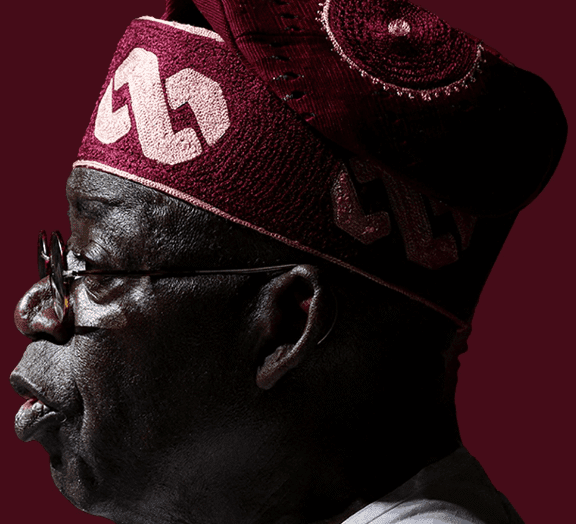
Bola Tinubu: Timeline of how Nigeria's kingmaker became king
Key events in the political career of the incoming president
On 1 March, Bola Ahmed Tinubu was declared winner of Nigeria’s presidential election in one of the most competitive polls since the country’s return to civilian rule in 1999.
His win has been marred by controversies, and two major opposition candidates have filed lawsuits disputing his victory. But for his supporters, this election is the culmination of Mr Tinubu’s political savviness and decades spent at the forefront of Nigerian politics.
Critics have raised concerns about the health and wealth of the septuagenarian, and have accused the former Lagos governor of corruption, allegations he denied.
Mr Tinubu will inherit a tanking economy and sharply divided country but his supporters say he can use his experience as governor to turn around the fortunes of the West African country.
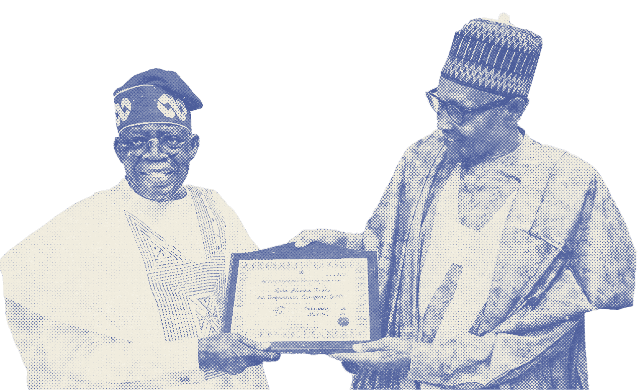
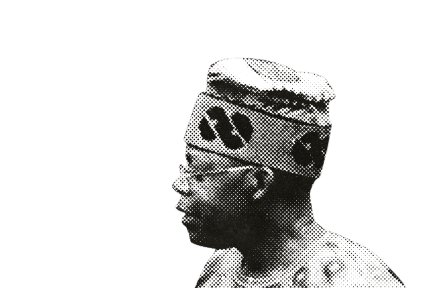
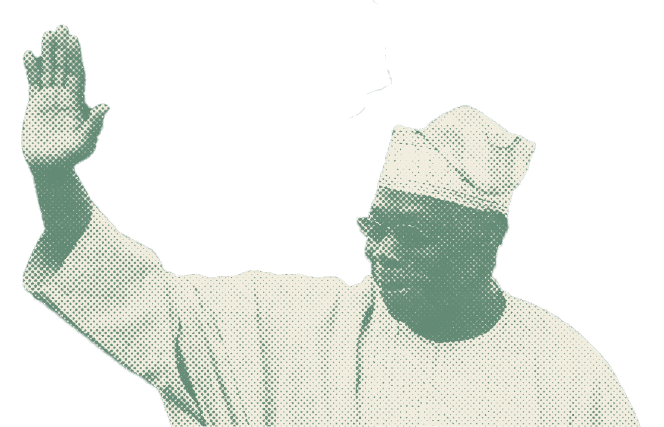
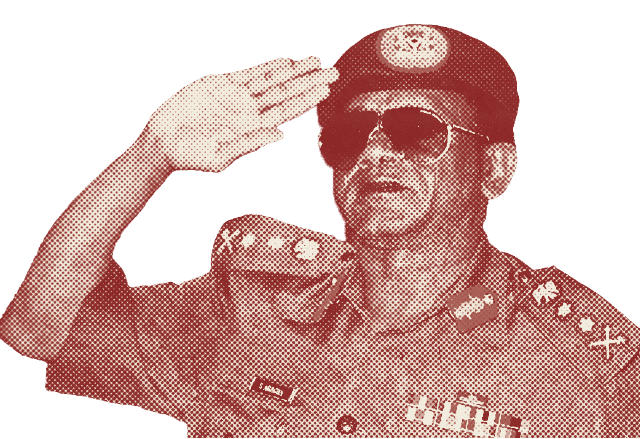
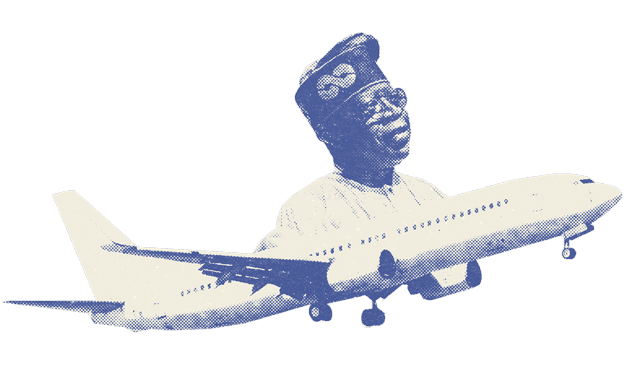
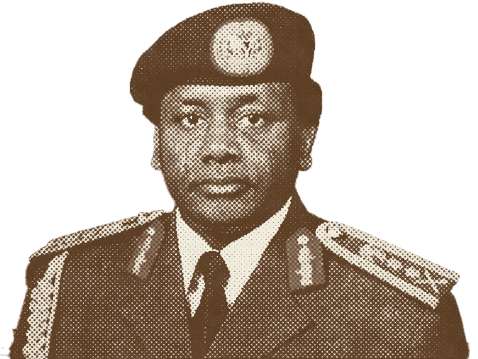
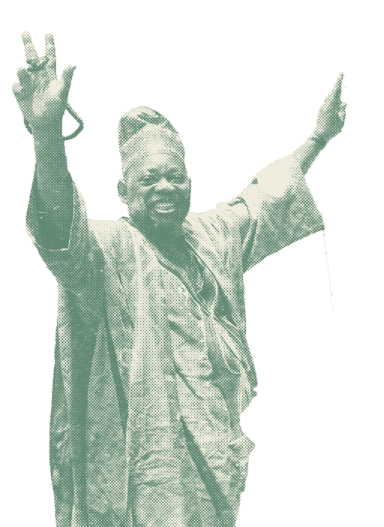
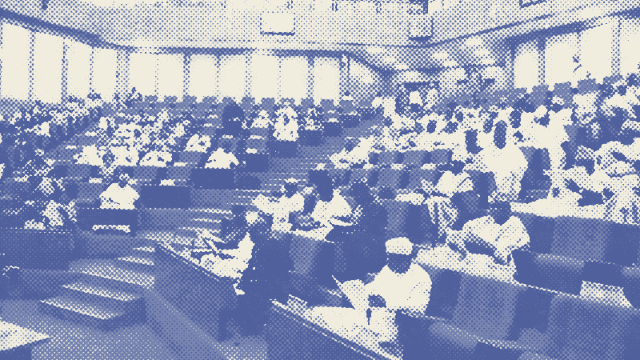
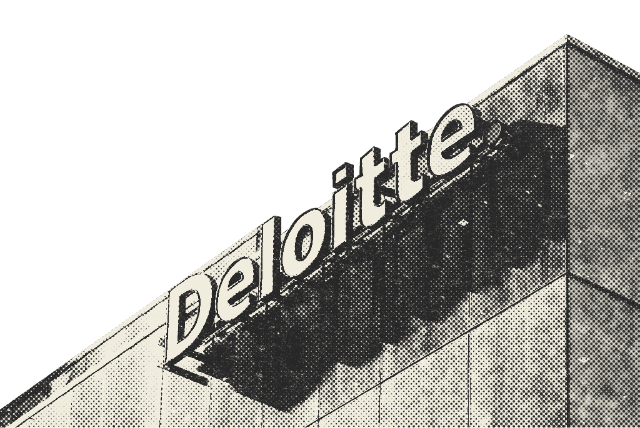
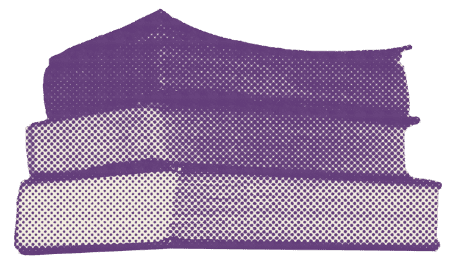

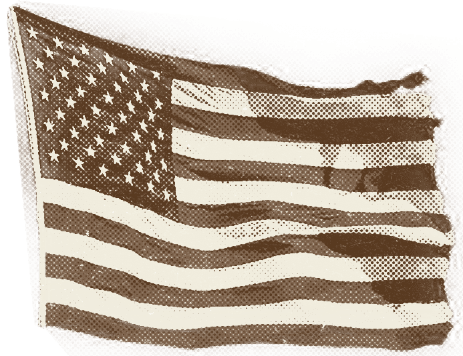
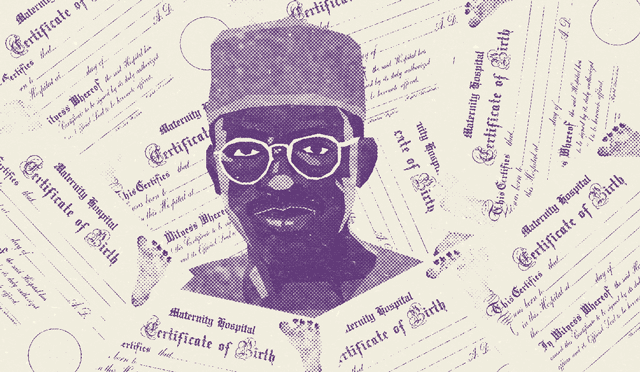
2023
Mr Tinubu is elected president after receiving 37% of the votes in the disputed presidential election held on 25 February. He faces a big task ahead as Africa’s most populous country faces widespread insecurity, high inflation and unemployment. Mr Tinubu pledges to unite the country and oversee economic rebound.
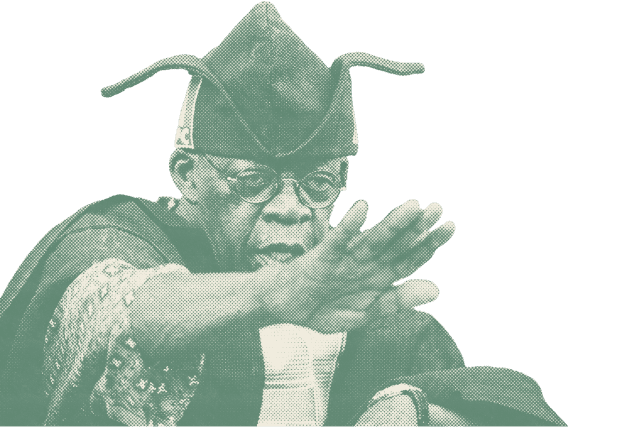
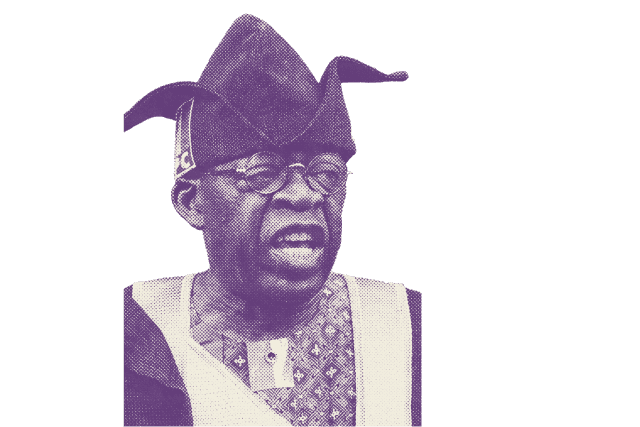
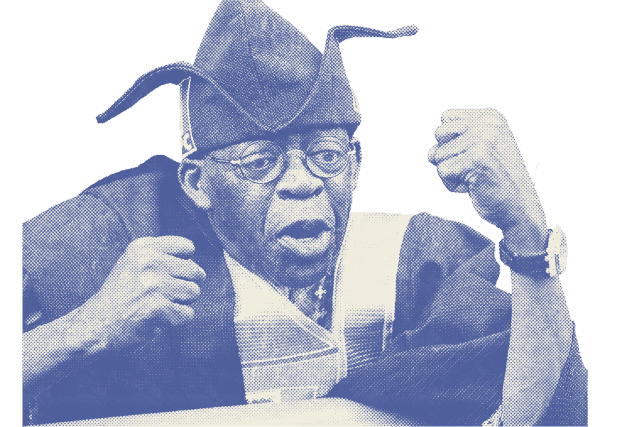
2022
After months of speculation, Mr Tinubu declares his intention to run for president. His campaign was dogged by controversy over his age, alleged corruption and his choice of running mate – a northern Muslim – which critics say went against the trend of a mixed faith ticket.
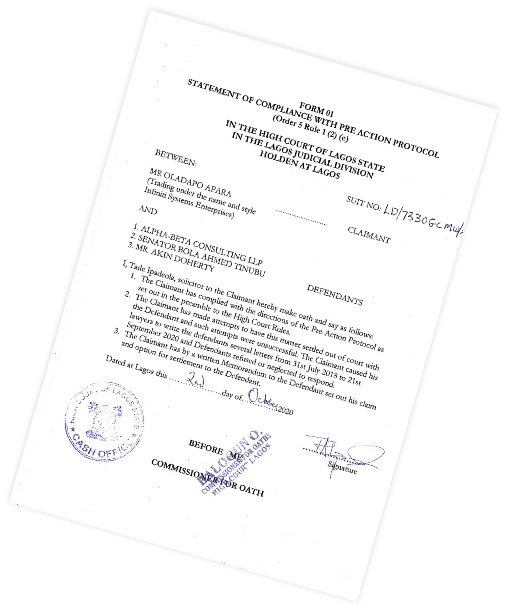
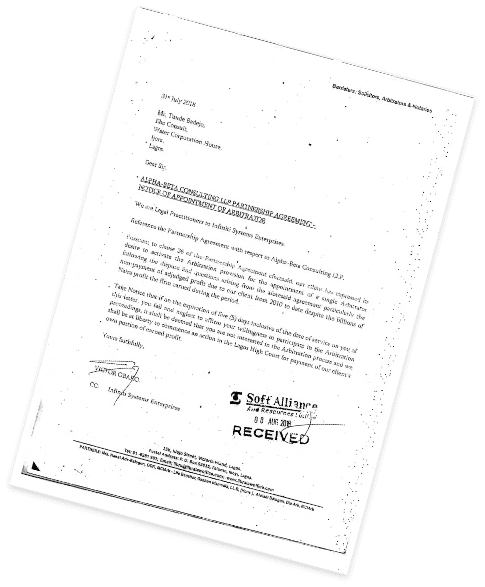
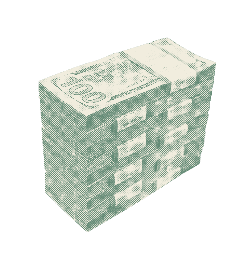
2021
Mr Tinubu is sued by Dapo Apara, an accountant and former managing director of Alpha-Beta, a firm that handles the internally generated revenue in Lagos state. The former governor was accused of using the company for money laundering, fraud and tax evasion. He allegedly holds stakes in the firm through a crony. The case was settled out of court a year later.
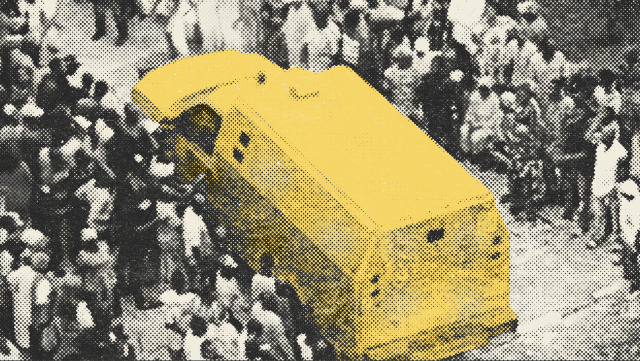
2019
On the eve of the country’s presidential elections, footage of a bullion van entering Mr Tinubu’s home in an affluent area of Lagos goes viral, sparking widespread allegations on social media of plans to buy votes. President Muhammadu Buhari is later re-elected for a second term.
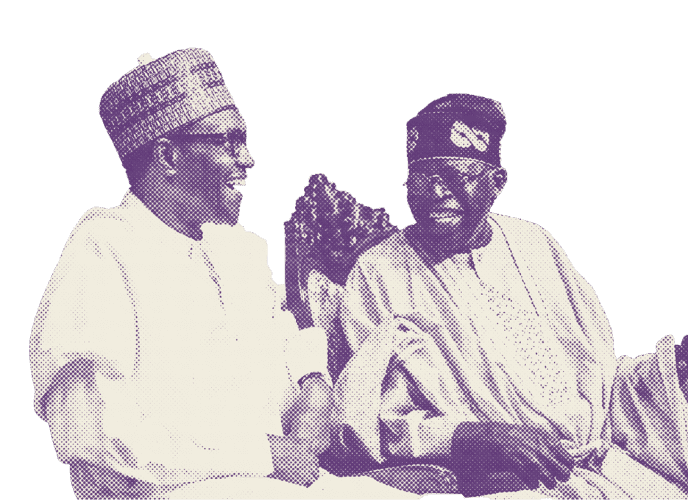
2015
President Buhari is elected president, ending 16-year rule of the People’s Democratic Party. Mr Tinubu would boast of his contribution to the victory when he sought the same office in 2022.
Mr ‘The Lion of Bourdillon’, a controversial documentary accusing Mr Tinubu of corruption and controlling Lagos state, is broadcast by AIT. He sues the broadcaster for libel seeking 150 million naira (over $325,000) in damages and the documentary is pulled from the air. The parties later settled out of court.
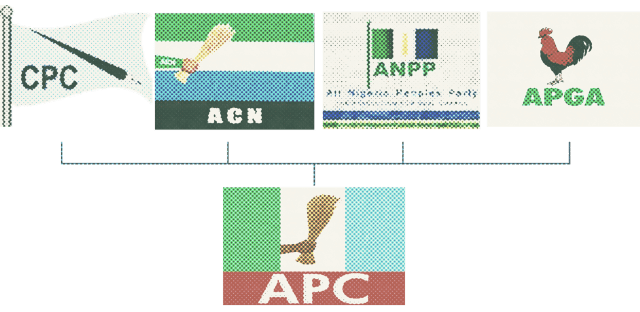
2013
The four largest opposition parties in the country merge to create the All Progressives Congress (APC) in order to challenge the incumbent PDP in the 2015 elections. Mr Tinubu is involved in the negotiations and merger that supported the eventual APC presidential nominee General Muhammadu Buhari.
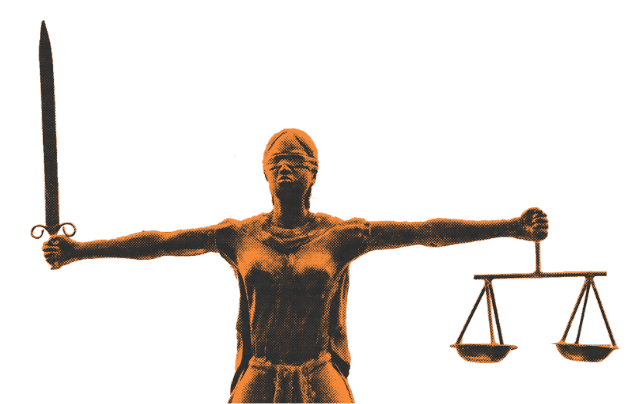
2011
Mr Tinubu faces the Code of Conduct Tribunal for the second time, but is cleared.
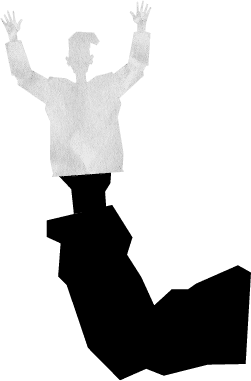
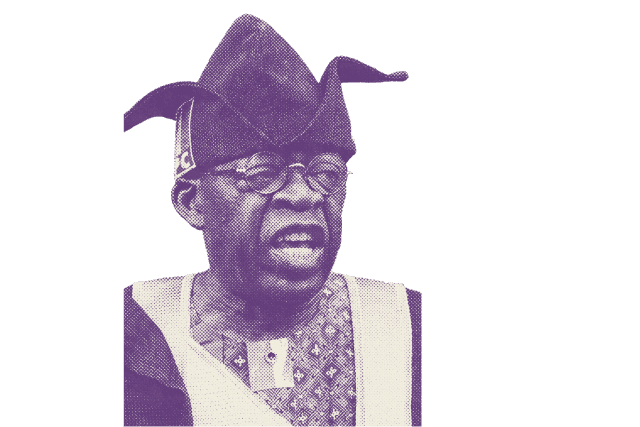
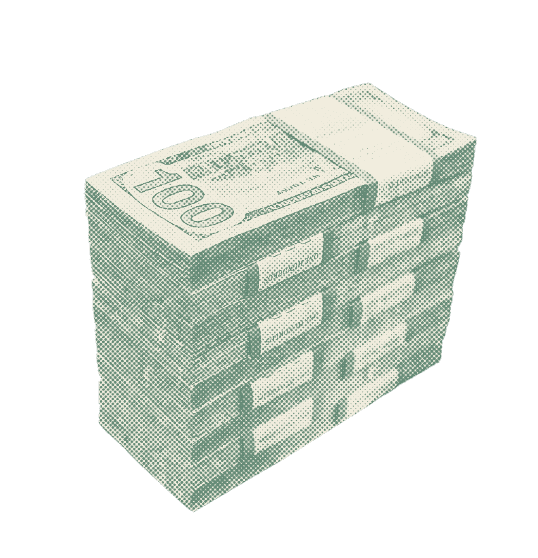
2007
Mr Tinubu’s tenure as Governor of Lagos ends, but he becomes known as a ‘godfather’ accused of retaining a tight grip on state finances and hand picking his subsequent successors.
He was first arraigned by the Code of Conduct Tribunal for allegedly operating foreign accounts illegally during his reign as governor. He denied the charges.
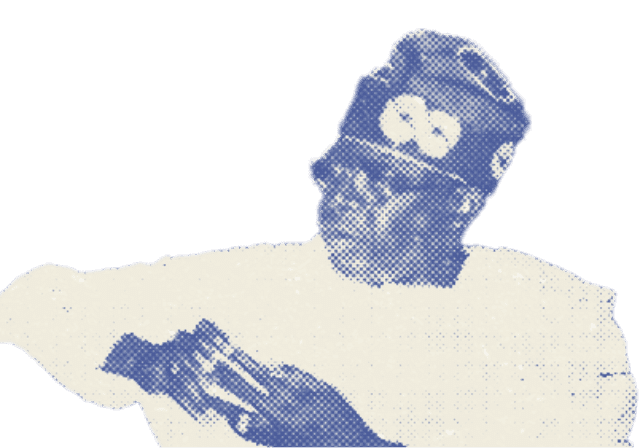
2003
Tinubu wins re-election as Governor of Lagos. He is credited with growing the state’s income through foreign investment and supporters say he improved roads and state services. Critics say public infrastructure is in a state of disrepair and cite the state’s light rail project, which started during his reign but has not been fully completed more than 20 years later.


1999
Nigeria returns to democracy. President Olusegun Obasanjo is elected president while Mr Tinubu is elected as Governor of Lagos state under the Alliance Democracy party banner. Obasanjo first ruled Nigeria as a military head of state from February 1976 to 1979.

1998
General Sani Abacha’s five year rule ends when he dies in June. Mr Tinubu returns from exile months later.

1994
Many pro-democracy activists and supporters including Mr Tinubu go into exile abroad to escape persecution from the military dictator Abacha.


1993
Nigeria is thrown into chaos when the 1993 presidential election – widely viewed as the country’s most free and fair – were annulled by General Ibrahim Babagida. After a short-lived caretaker government, General Sani Abacha seizes power in a military coup and his rule is marred by human rights abuses and corruption. Moshood Abiola – the winner of the election – is jailed.
The US Department of Justice filed a complaint alleging that from early 1988 accounts opened in the name of Bola Tinubu held the proceeds of sales of white heroin. It was alleged that Mr Tinubu worked for the prime suspect, Abegoyega Akande. The court confirmed it had reason to believe the money in the accounts were proceeds of drug trafficking, but Mr Tinubu was never charged. Instead, he reached a compromise settlement and forfeited $460,000.

1992
1992: Mr Tinubu’s political journey begins as he is elected as a senator representing the Lagos West constituency under the Social Democratic Party. In the National Assembly he served as the Chairman of the Senate Committee on Banking, Finance, Appropriation and Currency.

1980s
Mr Tinubu says he worked for US consultancy firm Deloitte before returning to Nigeria where he then worked as an auditor for Mobil oil.


1979
Like much of his biography, Tinubu’s academic record was heavily scrutinised during his political campaign, but Chicago State University verified he graduated with a degree in business administration in 1979.

1970s
Details of Tinubu’s early life and education are unclear, but it is widely accepted he moved to the US in the mid 1970s.

1952
According to a campaign website, Bola Ahmed Tinubu was born on 29 March, 1952, in Lagos, Nigeria. Several opponents dispute this claim and say he is much older.
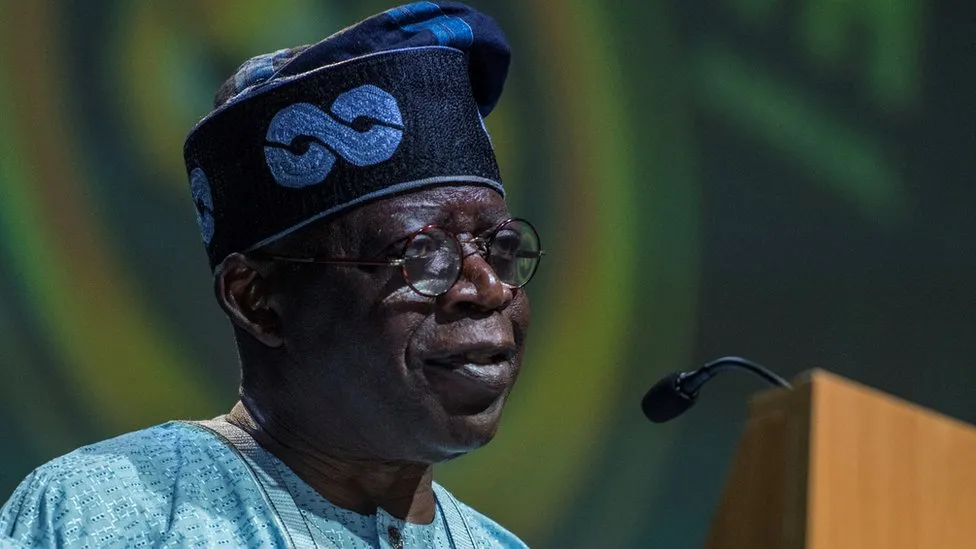 Bola Tinubu - the 'godfather' who is Nigeria's president-elect
Bola Tinubu - the 'godfather' who is Nigeria's president-elect
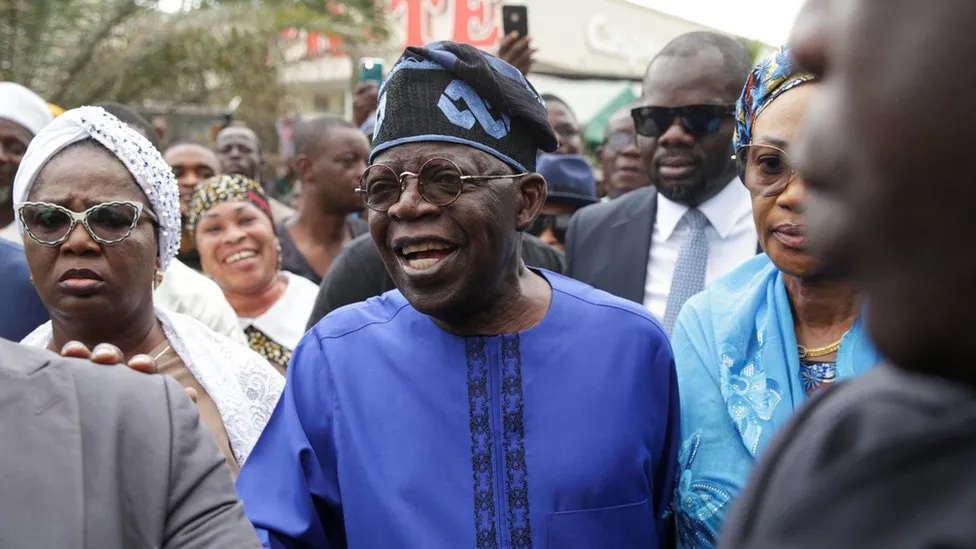 Bola Tinubu wins Nigeria's presidential election
Bola Tinubu wins Nigeria's presidential election
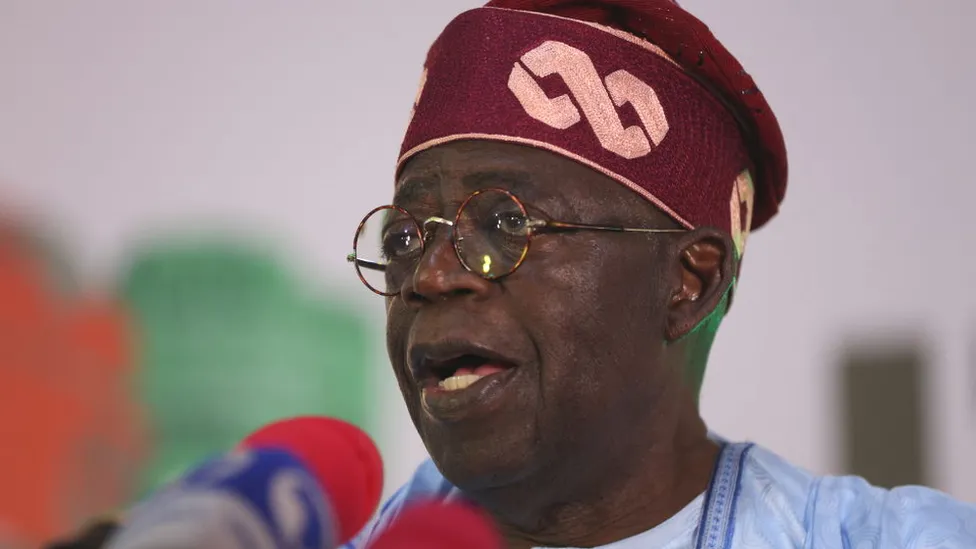 Nigeria election: The mystery of the altered results in disputed poll
Nigeria election: The mystery of the altered results in disputed poll